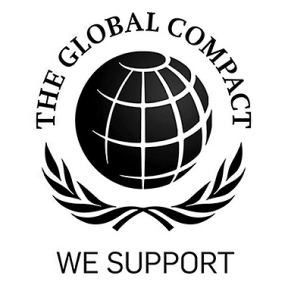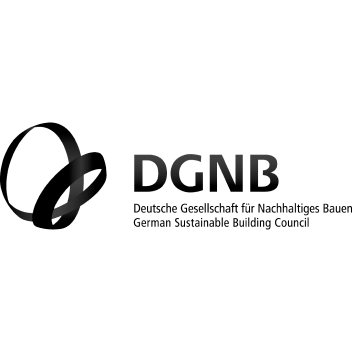As a developer and investment manager, we are committed to treating people and resources responsibly. We have set ourselves important sustainability goals in ethical, social, environmental and economic terms. We focus on three areas: Environmental, Social and Governance (ESG). These ESG criteria are firmly embedded in our culture and form the basis of our values-based corporate governance.
ESG targets and measures
-
Investment
-
Acquisition of sustainable properties:
Quantum ESG Scoring
ESG Due Diligence
Sustainable funds:
Classification of existing funds as Art. 8 funds
GRESB rating
Portfolio screening and °C numbers as a decisive KPI
Digital ESG monitoring and management
Sustainable asset management:
Individual ESG strategy for each property
Green energy for community spaces
Sustainable disposal management and smart metering
Green clauses in rental and property management contracts
Tenant surveys
-
Develpoment
-
Development of sustainable buildings:
Sustainability standards and certifications
Quantum ESG scoring for residential and office
Green Lease
Focus on brownfield developments and conversions
Use of sustainable materials:
Building Material Passport
Alternative building materials
Innovative and holistic approaches:
Climate indicators for real estate
New living and working environments
Portfolio development instead of building new
-
People & Culture
-
Responsible corporate governance:
Annual sustainability reports
Implementation of the PRI (Principles for Responsible Investment)
Equal opportunities and equal rights
Sustainable working environment:
Green energy for all branches
Sustainable disposal management and resource conservation
Health promotion
Occupational safety
Employee empowerment:
Internal ESG team
ESG workshops and training programmes
Corporate communications:
Publications on the topic of sustainability
Content on website and social media
Networking


ESG Scoring
We make sustainability measurable: with our Quantum ESG Scoring, we continuously analyse the environmental and social criteria of our properties. We consider criteria such as energy efficiency, CO2 emissions, resource conservation, health and well-being, social cohesion and social tenant management in developments, investment decisions and asset management.

Downloads
The Quantum Sustainability Policy
The Quantum Sustainability Policy is our commitment to sustainable and responsible corporate governance.
Statement on principal adverse impacts of investment decisions on sustainability factors 2023
Initiatives
We are members of national and international industry associations and federations that promote sustainability in the real estate industry. Specialist consultancies support us in our sustainability projects.








